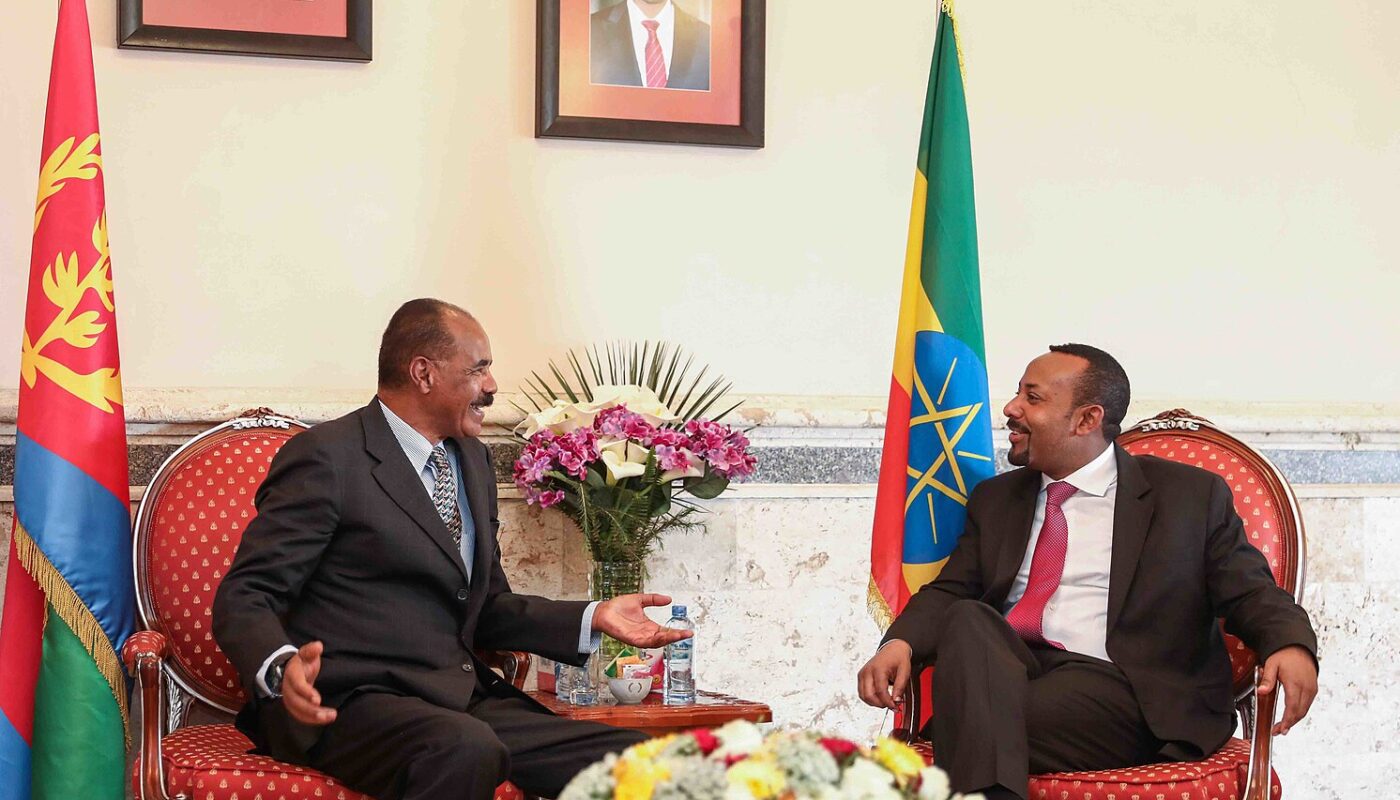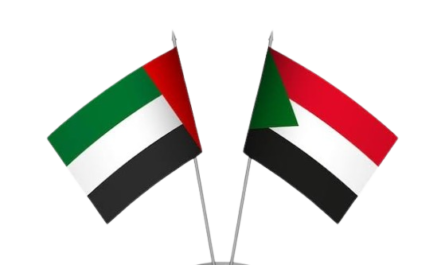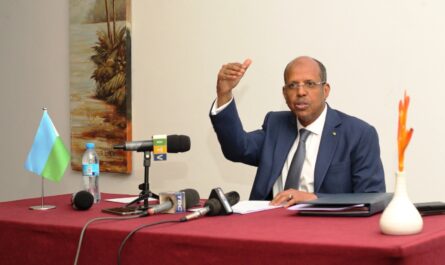Eritrean information minister Yemane Gebremeskel warned on Friday, March 7, that “war-mongering psychosis” by officials in neighbouring Ethiopia could destabilize the Horn of Africa further amid a war of words between the two countries as their historically fraught ties deteriorated over Addis Ababa’s quest for access to a seaport.
“The war-mongering psychosis that has apparently gripped certain political circles/trolls in Ethiopia these days is astounding indeed,” the minister said in a post on his official X (formerly Twitter) account.
“Almost on a daily basis, we see an upsurge of blatant distortion and revisions of ancient, medieval and modern history of the region; brazen rejection of relevant provisions of international law; and irresponsible recycling of inflammatory propaganda,” he said.
He added that “all these [was] to justify and rationalize what is clearly illegal and that can only destabilize the region.”
The minister said in an earlier post on X that a “motely group of inept trolls/political pigmies seem to have contracted a severe strain of Eri-Influenza these days”.
“Their obsession for posting defamatory posts on everything “Eritrean” on a daily basis is bordering on the insane,” he added.
“Their tantrums stem from their reckless and unquenchable thirst/pursuit of snatching “a port and maritime territory” of their neighbour in flagrant breach of international law and established norms of peaceful co-existence.”
The minister’s comments came amid a media campaign by Ethiopia on the landlocked nation’s need to regain “its lost seaports” and claims that Eritrea was interfering in the internal affairs of Ethiopia’s northern Tigray region.
Ethiopia found itself landlocked and without direct access to the sea after Eritrea seceded from it in the early 1990s.
Since then, it has relied on neighbouring Djibouti for its exports and imports.
Asmara has dismissed the accusations as an Ethiopian attempt at scapegoating Eritrea for its domestic conflicts in the Amhara and Oromia regions.
It has instead accused Ethiopia of hosting an anti-Eritrean regime group and allowing it to open an office in Addis Ababa.
Ethiopia and Eritrea fought a brutal border war between 1998 and 2000.
But Eritrea’s president Isaias Afwerki and Ethiopian prime minister Abiy Ahmed signed a reconciliation agreement in 2018 and reopened their embassies to end bad blood over the border conflict.
The agreement was celebrated internationally and led to Abiy being awarded the Nobel Peace Prize in 2019.
Eritrean troops also supported Ethiopia’s army in the 2020-22 Tigray war against Tigrayan forces.
Relations between the two countries have, however, soured in more recent years over the deal that ended the Tigray conflict, landlocked Ethiopia’s quest for access to the sea and other issues.
Last year, state-run Ethiopian Airlines suspended flights to and from Asmara due to “difficult operating conditions” after Eritrea accused the carrier of “malicious trading practices”.
Observers say the possibility of another open conflict between Ethiopia and Eritrea is unlikely for now but there could be intermittent clashes on their common border.



